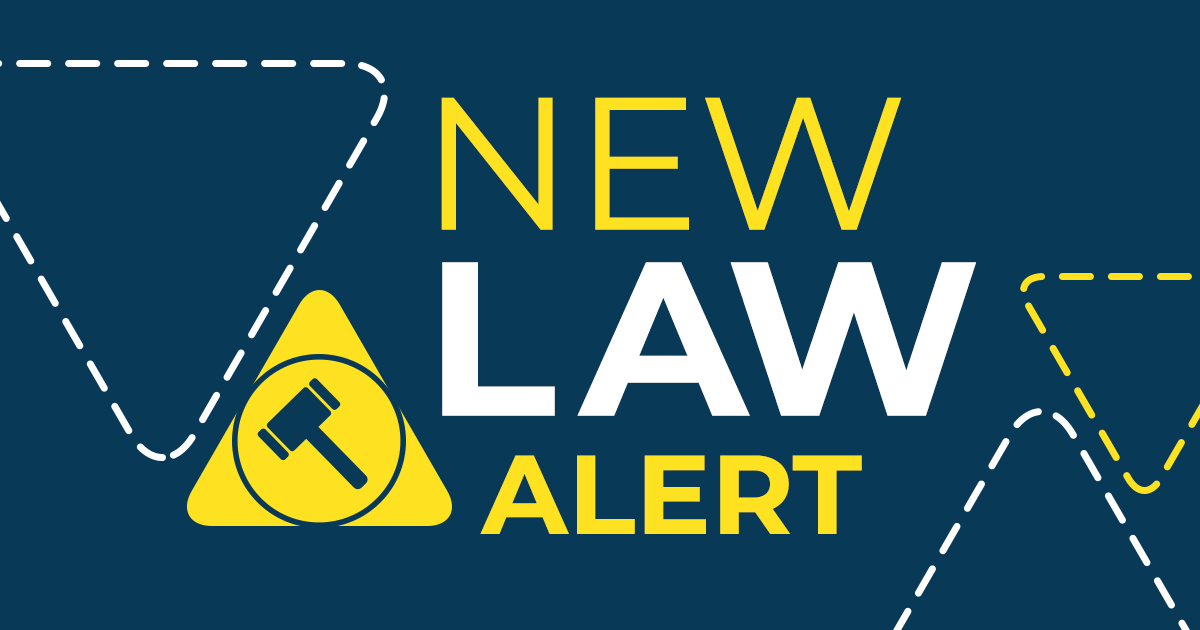The NYS Donnelly Act (Anti-Monopolies) has been expanded by S7882, which is effective on December 15, 2025, and now algorithms utilized for price fixing residential rental properties are distinctly prohibited under NYS's anti-monopoly legislation, by the state establishing a lower reckless disregard standard to prove culpability that does not otherwise exist in Article 22 of the General Business Law. As a result, PropTech companies need to shift their resources, in NYS, to focus on pre-development legal viability reports rather than post-development litigation defense. In targeting PropTech, rather than universally applying a reckless disregard standard to the Donnelly Act, which otherwise prohibits two or more entities from intentionally entering an agreement to price fix, NYS is legislating against startups. The legislation prohibits residential landlords from utilizing algorithms to coordinate their pricing. However, the Donnelly Act (NYS), and also the Sherman Act (Federally), already prohibit concerted action by two or more independent entities through agreement. So, why is NYS targeting a specific industry with a lower standard rather than price fixing, in general? The question begs why is "operating or licensing a software, data analytics service, or algorithmic device" or the industry of "residential rental property owners or managers" special in NYS. Does protecting residential rentals serve a greater public good than promoting PropTech development in the eyes of our government? Either way, startups and other tech firms needs to pay attention to this law change and, unfortunately, they are traditionally the type of industry that asks for forgiveness rather than permission. Only now, the need for a legal viability report in PropTech is even more important because otherwise the lawsuits will be coming based on this lower standard of proof necessary to recover treble damages, attorneys'' fees and costs. These lawsuits are going to be filed based on private rights of action, action by the AG, and there are even criminal penalties spelled out in the Act. So, PropTech, be warned.
*attorney advertising





